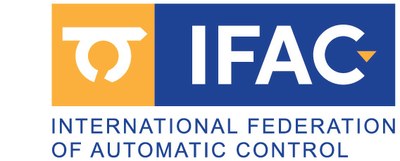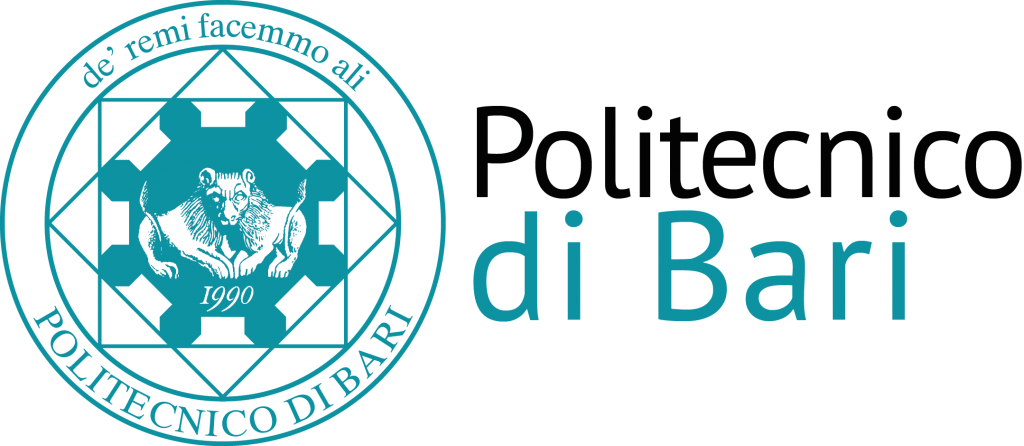Empowering Women in Science
Control Strategies to Close the Diversity and Inclusion Gap
🔗 Program
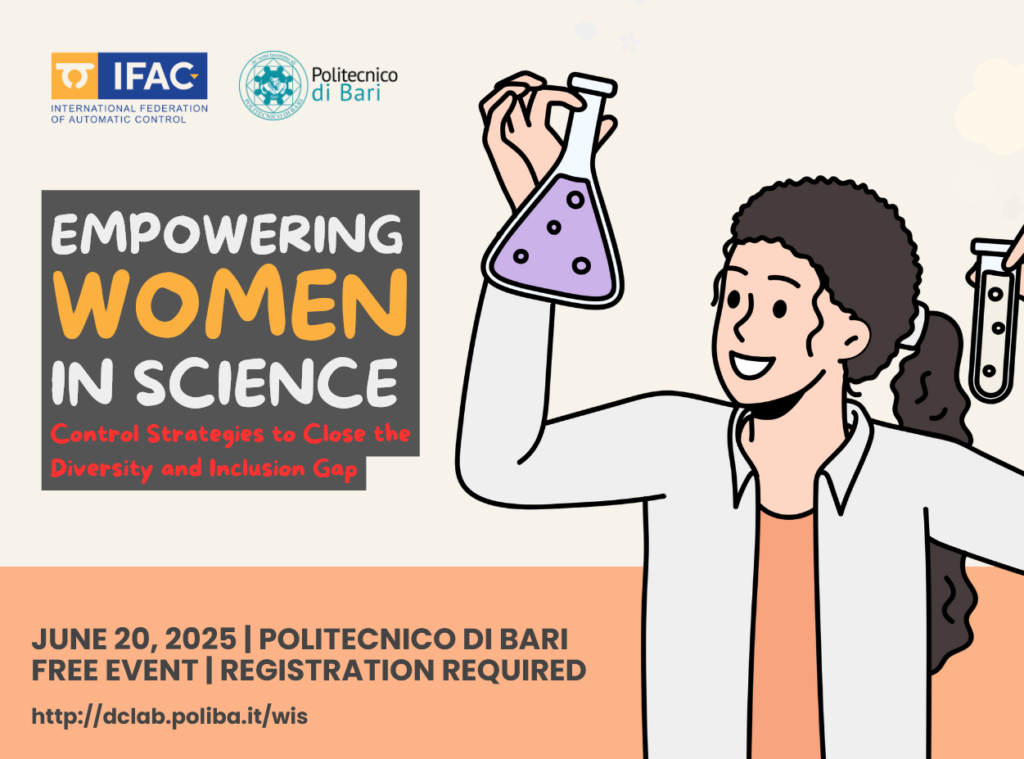
About the Workshop
The workshop Empowering Women in Science: Control Strategies to Close the Diversity and Inclusion Gap is an engaging and dynamic event dedicated to addressing the persistent underrepresentation of women in scientific roles. Despite decades of initiatives, gender imbalances remain widespread across disciplines and career stages.
Promoting diversity and inclusion in science, technology, engineering, and mathematics (STEM) is not only a matter of fairness but also drives innovation and excellence. Yet structural barriers, unconscious bias, and exclusionary practices persist, limiting the participation and visibility of women and other underrepresented groups, particularly in leadership positions.
This workshop will bring together voices from academia, industry, policy-making, and the non-profit sector to explore key challenges and share tools, evidence-based strategies, and real-world practices that support more equitable environments in scientific fields.
The workshop is primarily designed for students, researchers, scientists, engineers, and practitioners committed to fostering a more inclusive scientific community. However, participants from all backgrounds are warmly welcomed. We believe that inclusion is a shared responsibility and a shared opportunity.
Registration
Participation in the workshop is free, but registration is required. Please complete the form using the link below to confirm your attendance.
Registration includes access to:
- All workshop sessions and keynote talks
- The networking lunch and the aperitif-and-learn evening session
Spaces are limited, so we encourage you to register early to ensure your participation. For any questions regarding registration, please contact: ti.er1760802694ominu1760802694@aior1760802694p.aiv1760802694lis1760802694
Call for Posters
The workshop will feature a poster session primarily designed to highlight the work of female students, researchers, and professionals. However, submissions from all participants are warmly welcomed. Posters may focus on topics related to diversity, equity, and inclusion, or may simply reflect excellent scientific contributions from participants at any career stage.
In addition to purely scientific posters, suggested themes include (but are not limited to):
- Strategies for promoting gender balance in STEM
- Inclusive design and control systems
- Bias-aware algorithm development
- Intersectionality in engineering practice
- Social innovation through inclusive technology
During the workshop’s final session, the best poster will be recognized with a certificate of excellence.
- Deadline: June 5, 2025
- Poster Format: There are no formatting requirements. A vertical layout of approximately 100–120 cm height and 70–90 cm width is suggested. Please note that participants are responsible for printing their own posters.
- For more information, please contact: ti.ab1760802694ilop@1760802694oigga1760802694barac1760802694s.olo1760802694ap1760802694
Program Overview
Below is the program overview. Please note that the schedule is still being updated. For details on specific talks, refer to the sections that follow.
Keynote Presentations
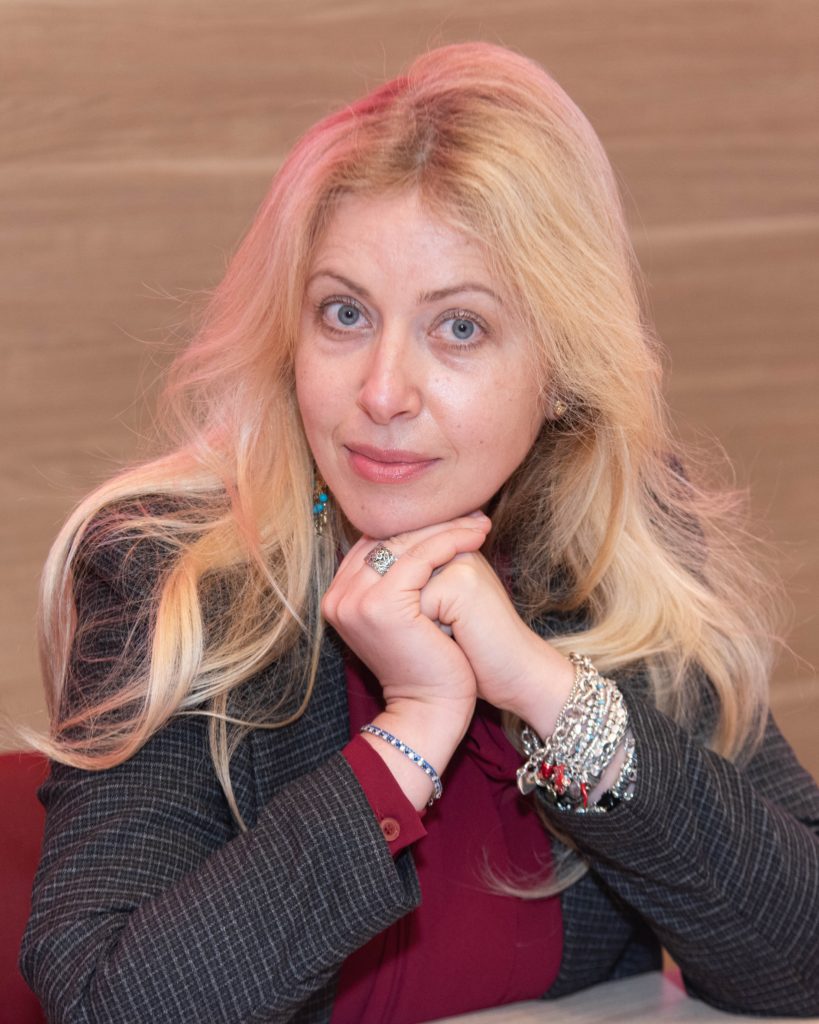
Anna Castellano | Polytechnic of Bari, Italy
Women in the Academic World: Challenges and Opportunities
Bio
Anna Castellano is a Senior Assistant Professor of Solid and Structural Mechanics at the Department of Architecture, Construction and Design (ArCoD) of the Polytechnic University of Bari, Italy. She also serves as the President of the university’s Guarantee Committee for Equal Opportunities, Well-being, and Non-Discrimination at Work (CUG) for the 2024–2027 term. Dr. Castellano holds a Ph.D. in Mechanics of Solids and Structures and an M.Sc. in Building Engineering, both from the Polytechnic University of Bari. Her research focuses on experimental mechanics, nondestructive testing, and structural health monitoring, with particular expertise in ultrasonic techniques for evaluating stress-induced damage in materials. She has authored over 70 publications and serves as an Associate Editor for the Journal of Nondestructive Evaluation, Diagnostics and Prognostics of Engineering Systems (ASME).
Abstract
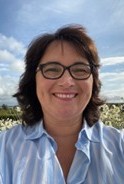
Mary Doyle-Kent | South East Technological University, Ireland
Why Optimizing Human Potential through Diversity, Equality, Belonging and Inclusion for Industry/Production 4.0, 5.0, and 6.0 is so important in 2025
Bio
Mary Doyle-Kent is Chair of the International Federation of Automatic Control’s Diversity and Inclusion Executive Committee and Council Member. She is also an active member in IFACs TC9.5 and was previously Chair of their Diversity and Inclusion Working Group from 2019 to 2022.
Mary is a graduate of the Doctoral Programme in Engineering Science in Mechanical Engineering in TUWien, Austria. In Ireland she graduated from the Technological University of Dublin (DIT) with a Bachelor’s Degree in Production Engineering, from Trinity College Dublin with a Masters Degree in Mathematics, and from Dublin City University with a Masters Degree in Engineering.
Mary is the Head of the Department of Engineering Technology in the South East Technological University (SETU) Ireland. She is a Principal Investigator with INformation SYstems and TEchno-culture (INSYTE) based in SETU. As an Irish Management Institute Associate and a Faculty Member of the MSc Engineering Management Programme in TUWien Austria she lectures on executive post graduate programmes.
Mary’s specialist subject areas include Industry 4.0, Materials, Design, Production Management, Production Technology, Advanced Machining and Quality Management. Also Inclusion, Diversity and Equality in Engineering, Mentoring, Engineering Ethics and Environmental Design.
Mary’s background is in the manufacturing industry, both in Ireland and Europe, working as a New Products Engineer and Manager in the automotive, medical device and toy industries for over a decade. As Chair of South East Region of Engineers Ireland, Mary has been a very active volunteer for over twenty years, promoting engineering as a profession, and in particular, encouraging minority groups such as young women.
Abstract
Industry is an important driver for prosperity in Europe. Industrial and technological developments have influenced European society more than any other developments. The challenge has always been for policy makers to protect citizens from the negative aspects and embrace the positive elements. Innovation is one of the key elements for novel technological developments. The European Commission state that future technological evolutions must respect all key priorities including the environmental, social, human-centric ones. This means complex and challenging problems that need to be solved will require new ways of thinking and working. One of the most important assets we have is a well-educated workforce. Futureproofing this workforce with diverse and inclusive work practices will be critical ensure that top talent will be attracted, and remain, in these companies going forward. “Managing for diversity” as described by Chavez et al. in 2008 means bringing that competitive advantage through the attraction, retention, and leveraging of the unique skills and capacities of a diverse workforce. With recent changes in the international political policies, especially in the USA, DEBI now has the potential to enhance competitive advantage in Europe.

Elisabetta Venezia | University of Bari Aldo Moro, Italy
Gender-blind transportation research and planning. Equity, accessibility, and sustainability issues
Bio
Elisabetta Venezia, Ph.D., Adj. Professor and researcher in Applied Economics at the University of Bari Aldo Moro, Department of Economics and Finance. She teaches Economic Evaluation of Investments, Transport Economics, and Economics of Transport Mobility in UG and PG courses. Her research activity is mainly concentrated on the following topics: sustainable transport, economic evaluation of infrastructures and projects, costs and benefits analyses, equity, gender issues, and travel behavior. She is the author of more than 100 publications. She is a coordinator/component of several research project groups at national and international levels in the transport sector. She is an active referee of several scientific journals. She is the Director of Ap.E.R.Lab. (Applied Economic Research Laboratory). She has been a consultant to several Ministries and Local Authorities as a senior economist in the transport economics and sustainability fields. She is an independent scientific expert for the scientific evaluation of Italian research (REPRISE) for the Italian Ministry of University and Research (MUR). She is also a component of the Italian Evaluation Body (O.I.V.) and of the Italian Evaluation Society board. President of the board “Traffic and Transport Commission” of Automobil Club Bari-BAT. She has been appointed as a component of the technical table at the national board on Sustainable Mobility.
Abstract
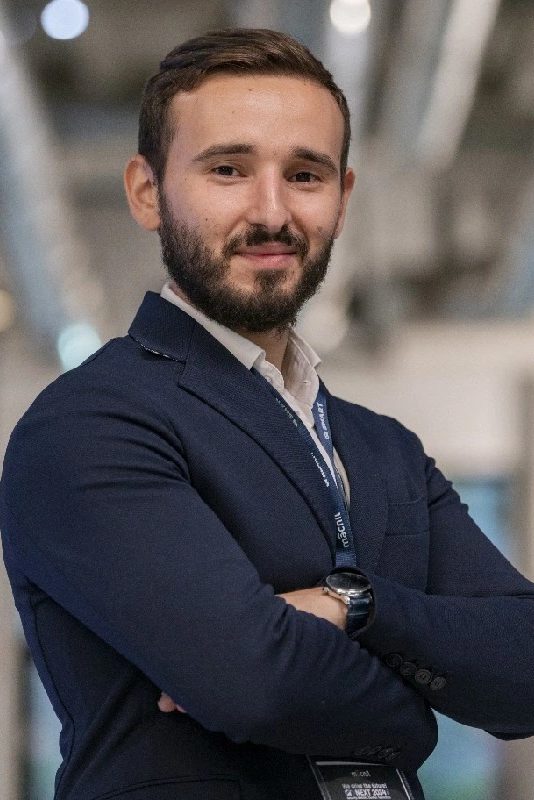
Sergio Angelastro | MAC&NIL S.r.l., Italy
STEM Beyond Gender: It’s About Skills, Not Labels
Bio
Sergio Angelastro is Coordinator of the Software Development Area at Macnil, an IoT Mobility and Security Company based in the #murgiavalley, specializing in integrated systems for the automotive, fleet management, and logistics sectors. He leads a multidisciplinary team of 10 professionals, including developers and designers, focused on building cloud-native, data-driven digital solutions.
He holds a Bachelor’s degree in Computer Science and Digital Communication (2013), a Master’s degree in Computer Science (2015), and earned his Ph.D. in 2020 from the University of Bari with a research focus on process mining, machine learning, and artificial intelligence. His academic work is published in several international conferences and journals, available on DBLP.
At the intersection of research and industry, Sergio promotes inclusive, collaborative innovation aimed at improving the safety, reliability, and scalability of smart mobility systems.
Abstract
Invited Talks
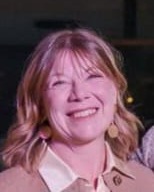
Monica Misceo | Italian National Agency for New Technologies, Energy and Sustainable Economic Development (ENEA), Italy
The Energy Renovation as a Driver of Social Innovation
Bio
Monica Misceo is head of laboratory for projects and best practises for energy renovation of buildings in ENEA, the Italian National Agency for New Technologies, Energy and Sustainable Economic Development. She has got an University degree in Civil Engineering, PhD in Science of the Hearth (Geology) and a master in “Management and Control of Environment”. She works in ENEA since 2000, starting with renewable energy technology (solar thermodynamics) and at present, in the Department Technical Unit of Energy Efficiency, dealing with energy building renovation, Nearly Zero Energy Building (EPDB), support to PA in energy efficiency. She has a long and consolidated experience in technology transfer actions and EU project coordination.
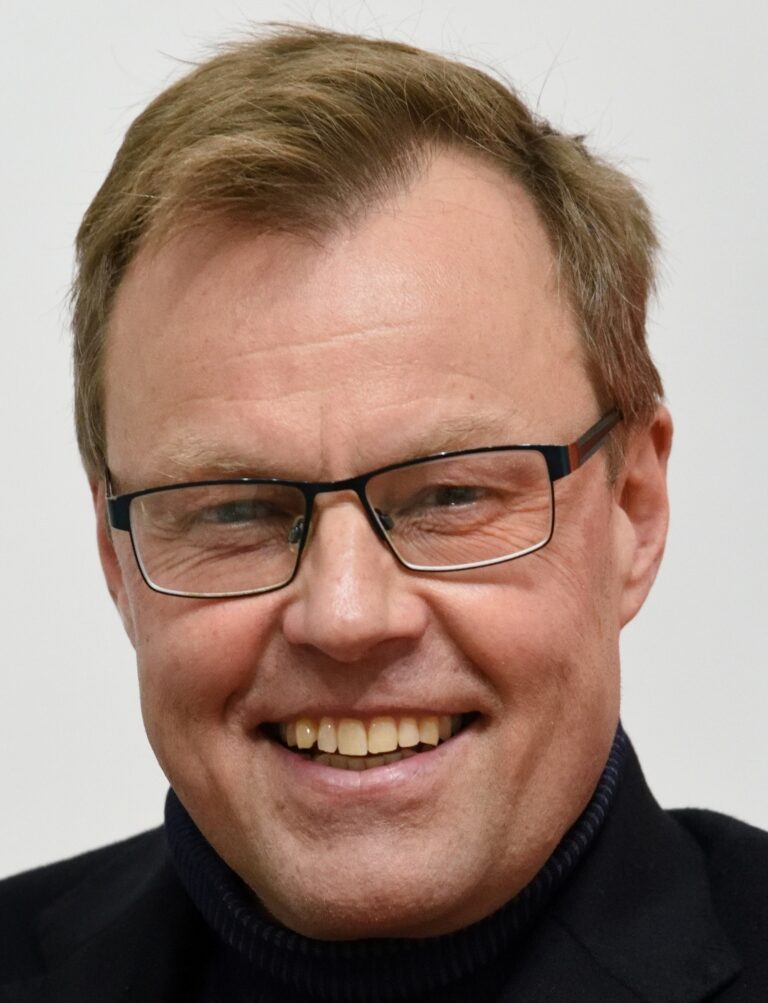
Kenneth Carling | Dalarna University, Sweden
Daily struggles toward science-based inclusion in my Computing department
Bio
Kenneth Carling is Full Professor and Head of Computing at Dalarna University, Sweden. With a Ph.D. in Statistics, his research bridges data analytics, algorithmic decision-making, and applied system modeling. He has led or contributed to numerous projects on digital transport systems, last-mile logistics, and data-driven environmental monitoring, often involving sensor data, simulation, and optimization. His recent work focuses on supporting decision-making in complex systems through smart data integration and analytics. Carling has published over 80 peer-reviewed articles and held academic leadership roles in both research and curriculum development in data science and systems analytics. He has extensive experience in European research collaborations, both as project leader and as expert evaluator.
Abstract
How do we build inclusion that is more than intention – inclusion that is measurable, structural, and transformative? In this talk, I share the long-view journey of my Computing department as we moved from assumed equity to data-driven change. Drawing on experiences from a redesigned Master’s-level course in data science and team leadership, I show how measurable personality growth, equalized opportunity, and broader definitions of talent can emerge from structured pedagogical redesign. From early analyses of wage gaps and public employment programs to today’s reflective classroom practices, the story traces inclusion as a process of discipline, not decoration; informed by evidence, adjusted by iteration, and driven by the conviction that success in STEM must be diverse by design. Inclusion, when done scientifically, benefits not just the underrepresented, but the unseen.
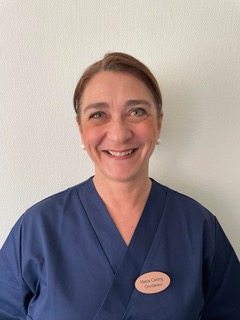
Maria Bavaro | Dalarna Region Hospital, Sweden
A Surgeon’s Reflections – Inclusion I Didn’t Know I Was Seeking
Bio
Maria Carling (née Bavaro), M.D. is a senior head and neck surgeon at Dalarna Region Hospital in Sweden with over 25 years of experience in otorhinolaryngology (ENT). She performs a wide range of surgical procedures from tonsillectomy to complex sinus surgery. She has directed Sweden’s annual course in Functional Endoscopic Sinus Surgery (FESS) for over a decade. Fluent in Swedish, Italian, and English, she is committed to fostering professional growth and excellence in high-stakes medical environments.
Maria has played a leading role in medical education — training future doctors and specialists. Her career is guided by values of integrity, collaboration, and authenticity — qualities she believes are just as vital in operating rooms as they are in science and technology.
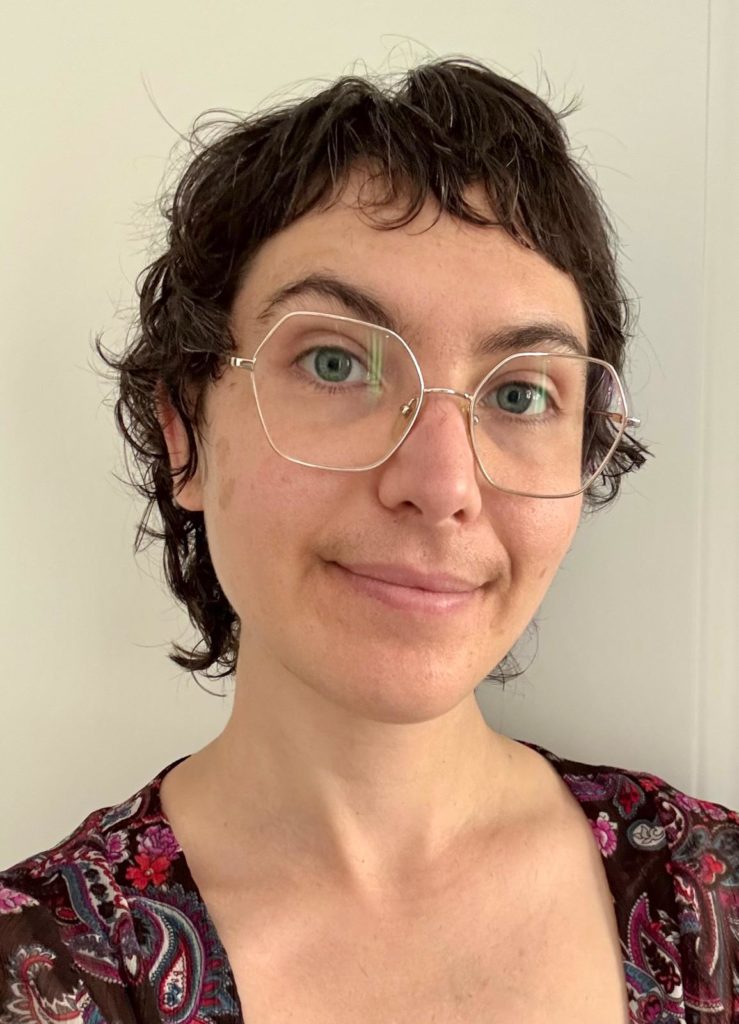
Giulia Laddago | Phd, University of Bari Aldo Moro, Italy
“…Not to Segregate and Specialize, but to Combine”: Intersections of Gender Gap, Education and War in Virginia Woolf’s Three Guineas
Bio
M.Giulia Laddago is a tenured secondary school teacher of English language in Bari, Italy. She holds a PhD in English Literature at the University of Bari Aldo Moro and studied photography at the Italian Institute of Photography in Milan. Her PhD dissertation aims to investigate the feminist discourse of photography in Virginia Woolf’s works. Her interests also include Gender Studies, Postcolonial Studies and Spoken Word Poetry.
moc.l1760802694iamg@1760802694ogadd1760802694alail1760802694uig1760802694
Acknowledgments
We gratefully acknowledge the generous support of the International Federation of Automatic Control (IFAC) through its Activity Fund. The IFAC Activity Fund supports initiatives that foster and promote the global control community by maximizing engagement, promoting inclusion and diversity in line with IFAC guidelines, and increasing the influence of control engineering in public discourse and decision-making. More information about the IFAC Activity Fund is available here.
We would also like to express our sincere thanks to the Politecnico di Bari for hosting the event.
